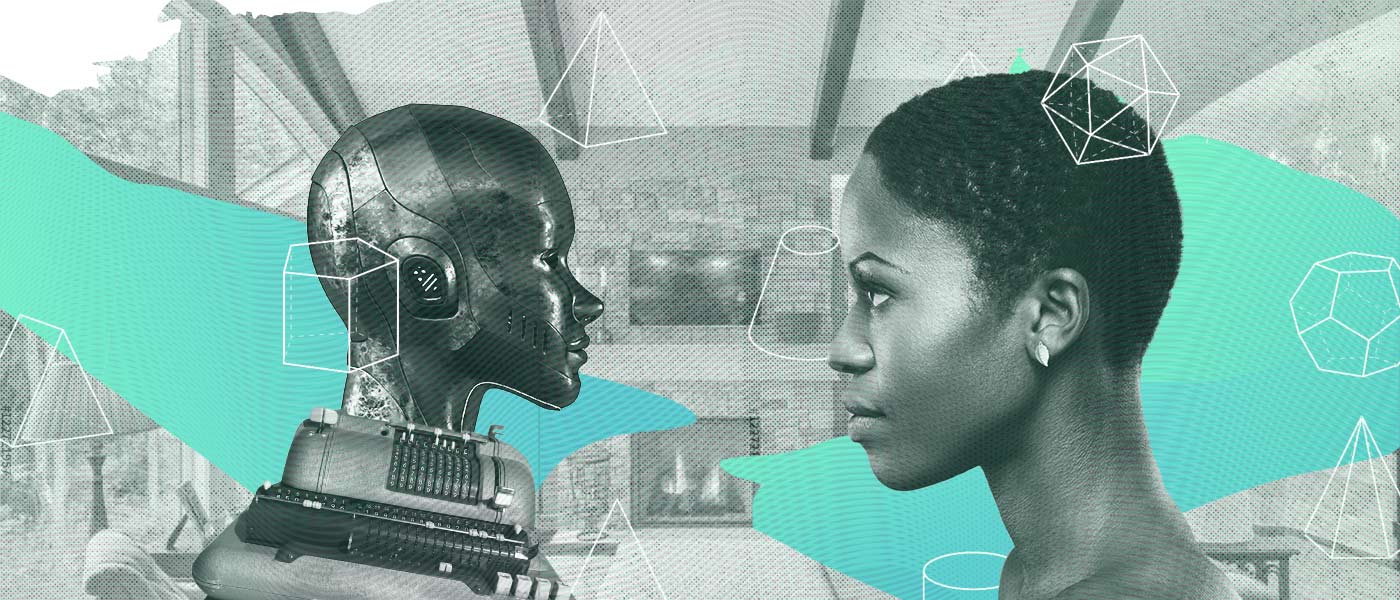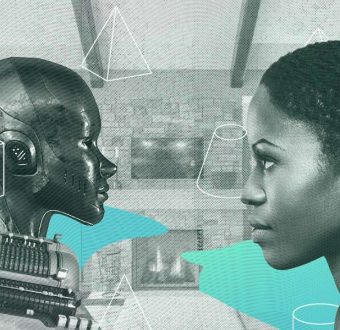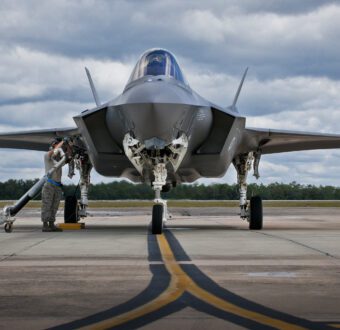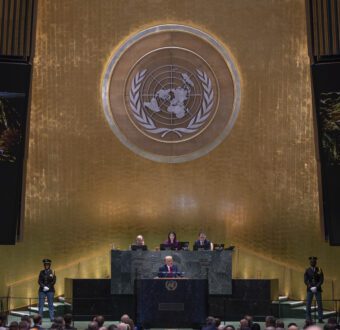Why This Matters: Human-Robot Relations

How AI is bringing the world closer together (and further apart)
The United States is experiencing an epidemic of loneliness. Americans spend less time with each other than ever before. Social media once promised to bring us together — but it’s made us lonelier. In search of a new cure, some place their hope in artificial intelligence.
The AI revolution promises to redefine how we connect with the world. AI already interweaves our everyday lives in the form of digital assistants, targeted advertising, and search engines. With each new advance, the line between man and machine is increasingly blurred. Generative AI — the technology behind chatbots like ChatGPT — is learning to read social cues, carry conversations, and interpret emotions. Some chatbot users even grow emotionally attached to their digital companions.
Technology will need to advance a lot if robots are ever to become legitimate substitutes for real human interaction. But don’t dismiss these buckets of bolts just yet. Machines might be able to improve our relations with other humans.
Generative AI helps some users navigate life’s tricky social situations. It can coach job applicants ahead of interviews and give dating advice. Virtual assistants efficiently handle automated tasks and make scheduling appointments a breeze. In return, users get more free time to spend with close ones.
These and other technologies are expected to be game-changers for neurodivergent individuals. Learners utilize AI to practice communication skills and may soon use tools powered by responsive algorithms that adapt to match their learning styles. Advances in AI could make an otherwise expensive education more accessible.
What’s more, AI may prove to be better matchmakers than well-meaning family members. Dating apps match compatible couples and alleviate some of the stress of dating — though a degree of caution is in order.
Intro to Globalization
Revamped high school curriculum on technology, trade, and innovation
We’ve updated our globalization curriculum to make it even more accessible to high school teachers and students. Intro to Globalization is a 100% free, flexible three-day unit which helps learners understand the global economic forces shaping their lives. You can learn more here.
If technology is to foster more fulfilling relationships, we will need to think carefully about our preexisting social structures, from the family level all the way up to the international system. Even then, human nature may get in the way. On the one hand, researchers find that when people work together alongside robots programmed with some of our more endearing traits — humor, grace, and fallibility — cooperation among human coworkers improves. But on the other hand, robots can bring out our worst. In some situations, the presence of robots that are indistinguishable from humans makes forging trust more difficult and leads people to view the world through a zero-sum lens.
Even when it’s obvious that a robot is a machine, they can still bring out the worst in us. Parents fret that their children’s generation — having grown up barking orders at inanimate (but still life-like) devices — will become more self-centered and less empathetic adults. Mental health professionals worry about the effects of AI interactions on emotional development. AI therapy could do more harm than good if it impedes critical self-reflection.
These dilemmas won’t be easily resolved, and they may never be. But a few things are certain: AI is here, it’s not going anywhere, and it’s advancing. So, we better start thinking about it — together.
The Institute for Global Affairs is helping young learners make sense of AI and how it will shape their futures. In one of our first reports, we examined how new technologies will transform relations between citizens and their governments. Our globalization curriculum with Marginal Revolution University discusses automation and AI’s impact on the global economy.
In the months ahead, we look forward to once again partnering with MRU to bring students a brand-new curriculum focused entirely on AI. Students will wrestle with AI’s ethical quandaries, learn about different AI models, and understand how it will affect their future careers.
Please drop me a note. What global issues do you think about?

Allyn Summa is the executive director of the Institute for Global Affairs. Drop Allyn a note and let her know what global issues you think about.













Donald Trump’s Cowboy Diplomacy